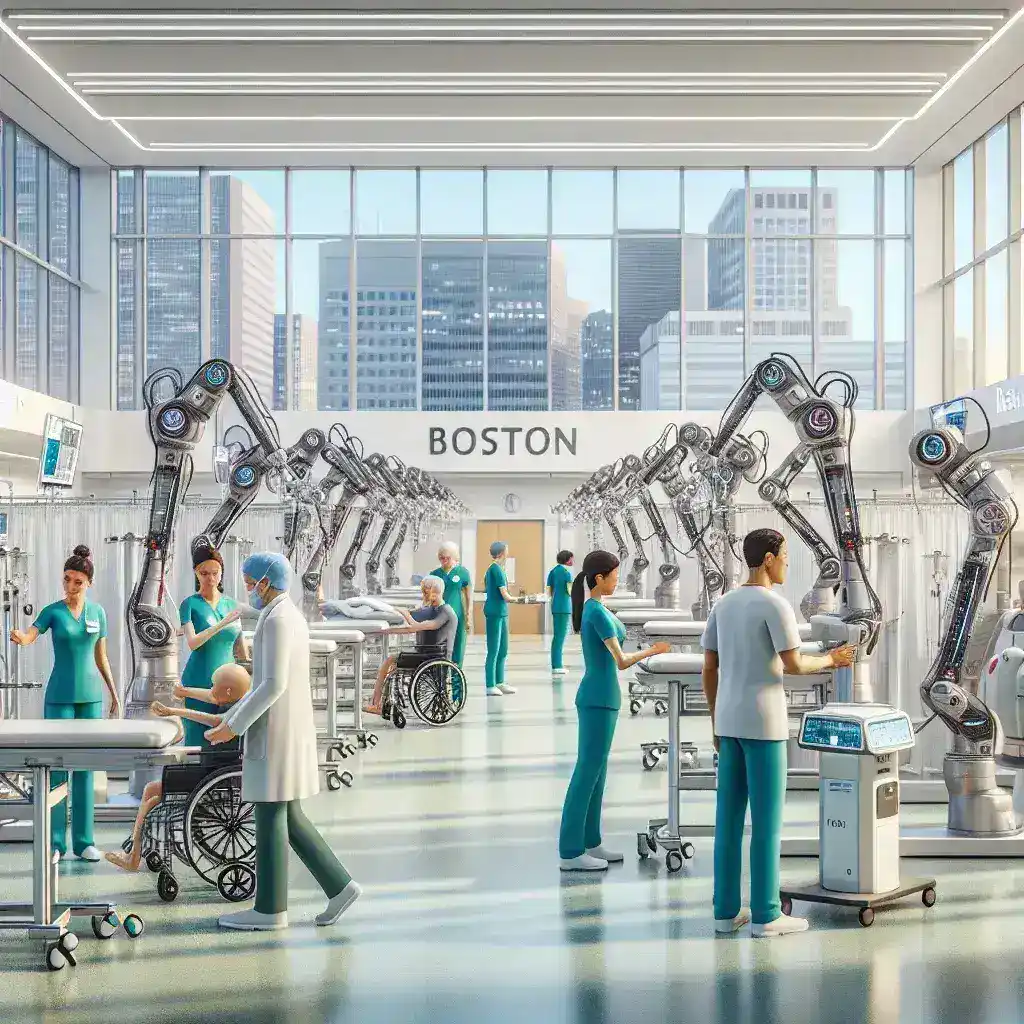The Future of Rehabilitation: AI Robotics in Boston Hospitals
As healthcare technology advances, Boston hospitals are at the forefront of integrating artificial intelligence (AI) and robotics into rehabilitation practices. This innovative approach not only enhances patient experience but also optimizes recovery outcomes, paving the way for more efficient healthcare delivery.
Understanding AI Assisted Rehabilitation Robotics
AI-assisted rehabilitation robotics refers to the use of robotic devices that are powered by artificial intelligence to assist patients in their rehabilitation process. These systems can adapt to individual patient needs, providing personalized therapy that can lead to faster recovery times and improved mobility.
Historical Context
The deployment of robotic systems in healthcare is not entirely new; however, their integration with AI represents a significant leap forward. Early robotic rehabilitation systems started emerging in the late 20th century, primarily focusing on physical therapy applications. With advancements in AI, particularly machine learning and sensor technologies, the capabilities of these robots have expanded dramatically.
Current Trends in Boston Hospitals
Several hospitals in Boston have begun adopting AI-assisted rehabilitation robotics as part of their standard therapy offerings. These innovations are driven by the increasing demand for effective rehabilitation solutions, particularly for patients recovering from strokes, surgeries, or traumatic injuries.
Some notable implementations include:
- Boston Medical Center: This institution has integrated robotic therapy systems that allow patients to engage in repetitive task training, a crucial component for recovery.
- Brigham and Women’s Hospital: Here, the focus is on using AI algorithms to tailor rehabilitation programs based on patient progress and specific recovery goals.
- Massachusetts General Hospital: They are pioneering the use of exoskeletons that enable patients with severe mobility impairments to regain the ability to walk.
Benefits of AI Rehabilitation Robotics
The use of AI-assisted rehabilitation robotics offers numerous benefits:
- Personalization: AI systems can analyze patient data and adjust therapies in real-time, ensuring that treatment plans are individualized.
- Efficiency: Robotic systems can provide consistent therapy sessions, reducing the reliance on human therapists for repetitive tasks.
- Improved Outcomes: Studies have shown that patients utilizing robotic assistance in rehabilitation can achieve greater mobility and strength compared to traditional methods.
Challenges and Considerations
Despite the promising advancements, there are challenges associated with the integration of AI in rehabilitation:
- Cost: The initial investment in robotic systems can be high, which may limit accessibility for some healthcare facilities.
- Training: Healthcare professionals require training to effectively operate these advanced systems, which can take time and resources.
- Patient Acceptance: Some patients may be hesitant to use robotic devices, preferring traditional therapy methods.
The Future of AI in Rehabilitation
Looking ahead, the future of AI-assisted rehabilitation robotics appears promising. With continuous advancements in technology, we can expect:
- Enhanced AI Algorithms: Future systems will likely feature more sophisticated algorithms capable of better predicting patient needs and adjusting therapies accordingly.
- Increased Collaboration: Hospitals may form partnerships with tech companies to develop more advanced robotic systems tailored to specific rehabilitation needs.
- Broader Applications: Beyond physical injuries, AI robotics may expand into neurorehabilitation for conditions such as Parkinson’s disease or multiple sclerosis.
Conclusion
As Boston hospitals continue to embrace AI-assisted rehabilitation robotics, the landscape of patient recovery is transforming. These technologies not only offer personalized care but also pave the way for significant improvements in rehabilitation outcomes. The integration of AI into healthcare is an ongoing journey, and Boston is leading the charge towards a more innovative, efficient, and effective rehabilitation process.

Leave a Reply